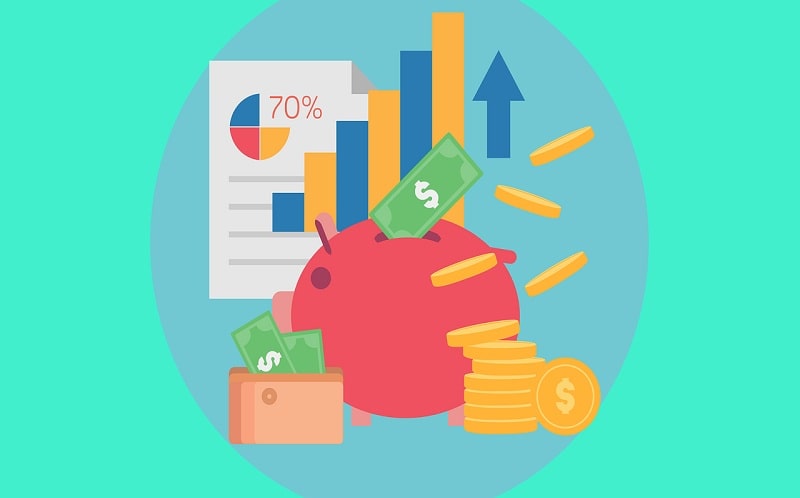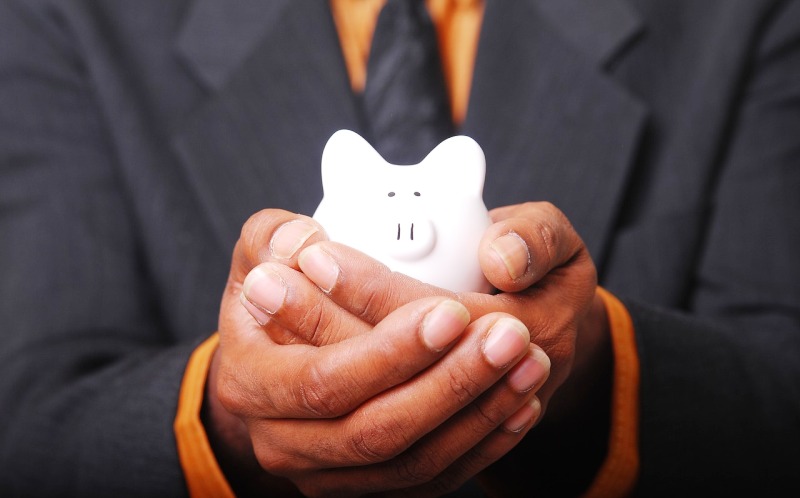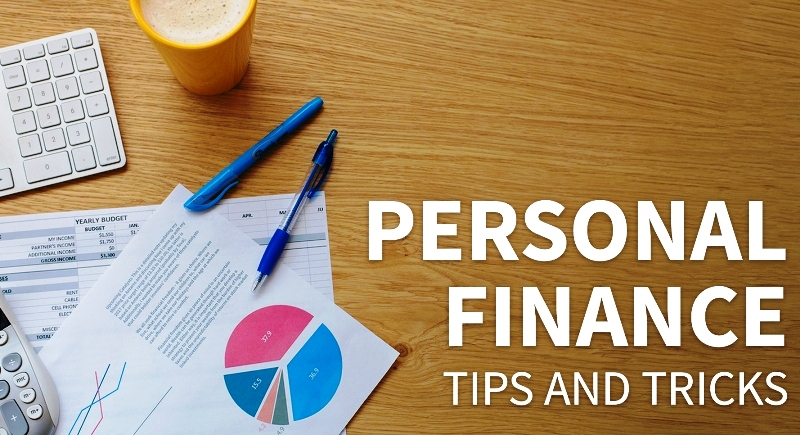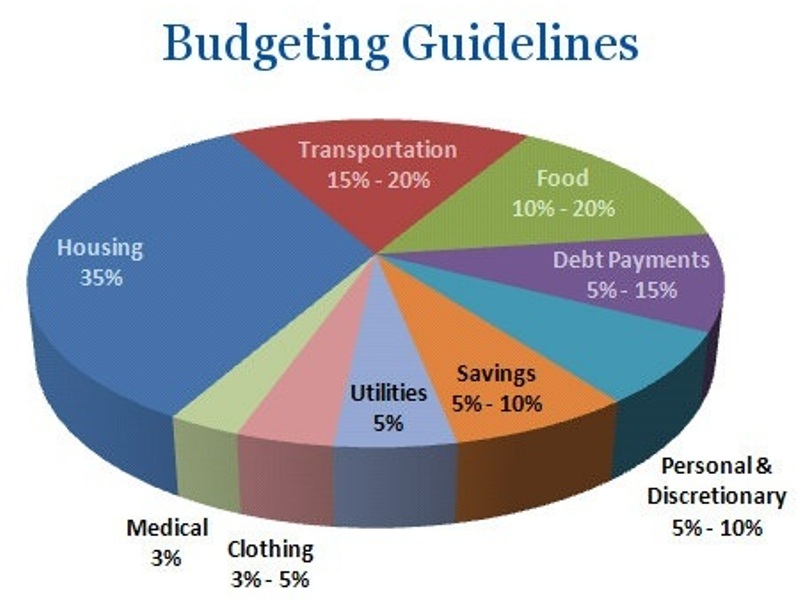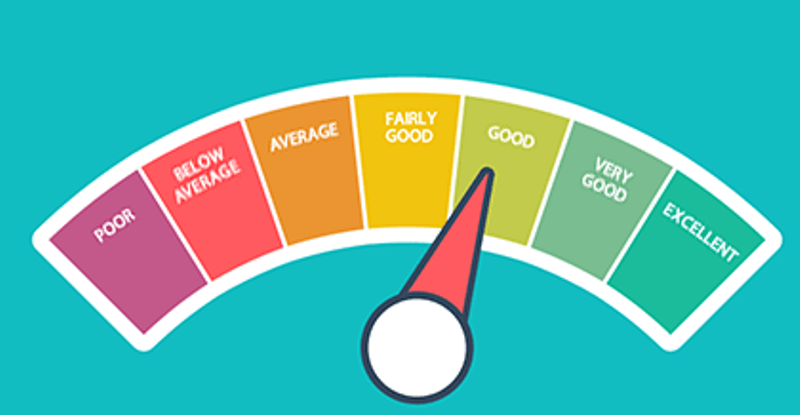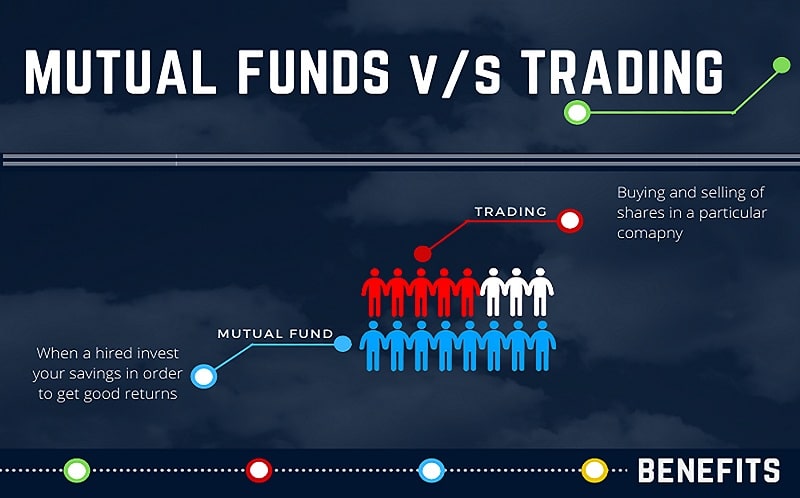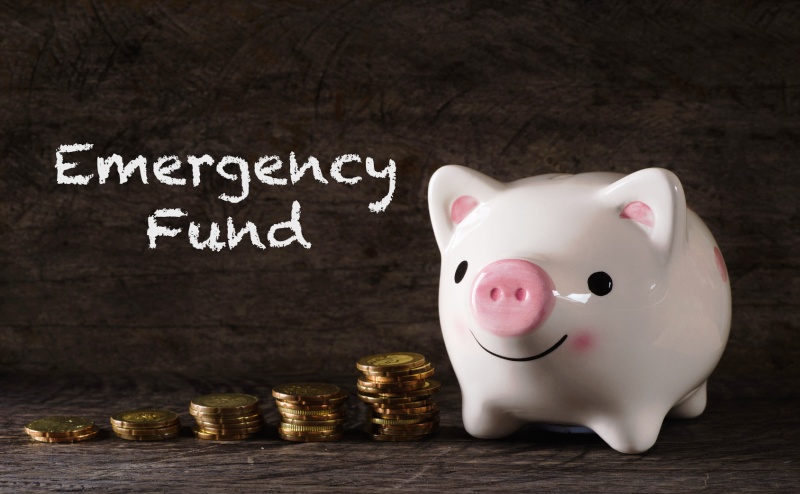Whether you are a big spender or someone who spends their money wisely, the chances are that most of your money can’t be traced at all. You won’t realize it, but most of your money is being wasted by you, and this is why your bank account goes to one digit less before the month is even through. There are several ways in which you may be wasting money and not knowing about it.
Now, you can track exactly where your money is going and take immediate measures to stop the wastage. In this article, we will cover all the ways in which you are wasting money and how you can stop right away.
How You Are Wasting Money Without Realizing it
Most people have an impulsive nature, which means that when there is money in their wallets, they are bound to spend it on the first thing they see. If not this, then they would be surfing through social media on their phone, and as soon as they see an ad for a gadget, clothing, or anything else, they will pull out their credit card and start shopping away.
This habit can be quite destructive. If you rely heavily on your credit card, you will soon be looking for ways to consolidate your debt just so you can find a way to pay it off for good. With that said, let’s have a look at the biggest sources of money wastage in your life.
1. Forgotten Subscriptions
One of the biggest sources of money going the drain is through forgotten or ghost subscriptions. Thanks to online payments, you can subscribe to a website, blog, magazine, or online service just because you want it forever in your life, or you think it is a life-changer. You may utilize it for a month or two, but after that, you completely forget about it. Not only that, but you also forget to cancel your subscription once you don’t need it anymore, and your account keeps getting debited every money.
To avoid this, you can check your account statement for recurring payments and see which one you don’t use anymore. Moreover, you should avoid selecting the auto-renew option so that the payment doesn’t go through without your discretion.
2. Water Wastage
Water is already scarce, but what makes things worse is if you have a leaky faucet or toilet in your home, especially if you don’t know about it. If you don’t fix the leakage on time, the dripping water would be considered as water used in your home, for which you will have to pay several dollars over the course of a year. If you have a leaky toilet and you don’t fix it in time, you can even expect to pay hundreds of dollars in water bills.
Therefore, always keep your plumber on speed dial, and turn off the water source for any sink or toilet that is leaking water, so that you don’t have to overpay your utilities.
3. Bank Account Charges
When you got your bank account opened, the manager or bank representative would have told you about all the fees and charges that you have to pay to keep your account open. Chances are that you skipped over all of that in the eagerness and hurry of opening an account. On average, you may be paying anywhere between $12 to $16 in terms of monthly fees for your checking account.
If you multiply these numbers by 12, you will get an annual fee range between $144 and $192, which isn’t a small amount. The best way to dodge this is to get a non-interest-generating account that also doesn’t charge you any fee. Apart from this, you can also consider opening an account at a credit union or online banks, which have much lower fees.
4. Mutual Fund Fees
Just like any other business, the company where you buy a mutual fund also deducts fees from your assets, which can be anywhere between 0.5% to 1.5% of the assets over a year. No matter how well your mutual fund may be performing, these fees will eat away at your returns. Suppose you have $10,000 in a mutual fund. You may be paying anywhere between $50 and $150 a year. The fees may be even higher if the company charges you more.
The best way to go around this is to find stock index funds that charge a fraction of what the mutual fund companies do, i.e., 0.05% or 0.1%. Plus, you can easily manage and track the fund yourself, so there will be no need for a manager to do so for you. Plus, you will be able to save nearly a hundred dollars a year.
5. Dining Out
Ever since the COVID-19 restrictions have been eased, people have been flocking to their favorite restaurants and cafés to eat everything they haven’t enjoyed for more than a year. Although this is understandable, you may not realize how many times a month you actually eat out. If you consciously add up all of the times you dined out in the last month and also add up the bills, your jaw will certainly drop.
Whether you have lunch with your co-workers, eat at a food cart during a shopping spree, get snacks during a movie, or grab a coffee from your favorite café every morning, all of these add up to your dining out experience.
By adding them together, you would realize that you have been spending hundreds, or possibly thousands of dollars on dining out, and you can very easily save at least half of it by eating at home, brewing your own coffee, preparing your lunch, and restricting outside dinners to only once a week.
This brings us to the end of this article. Certainly, your jaw must have dropped by now, and the sudden wave of realization has engulfed you completely. As you can see, there are several unnecessary expenditures that throw off your budget, and with just a little conscious effort and willpower, you can save hundreds of dollars.





